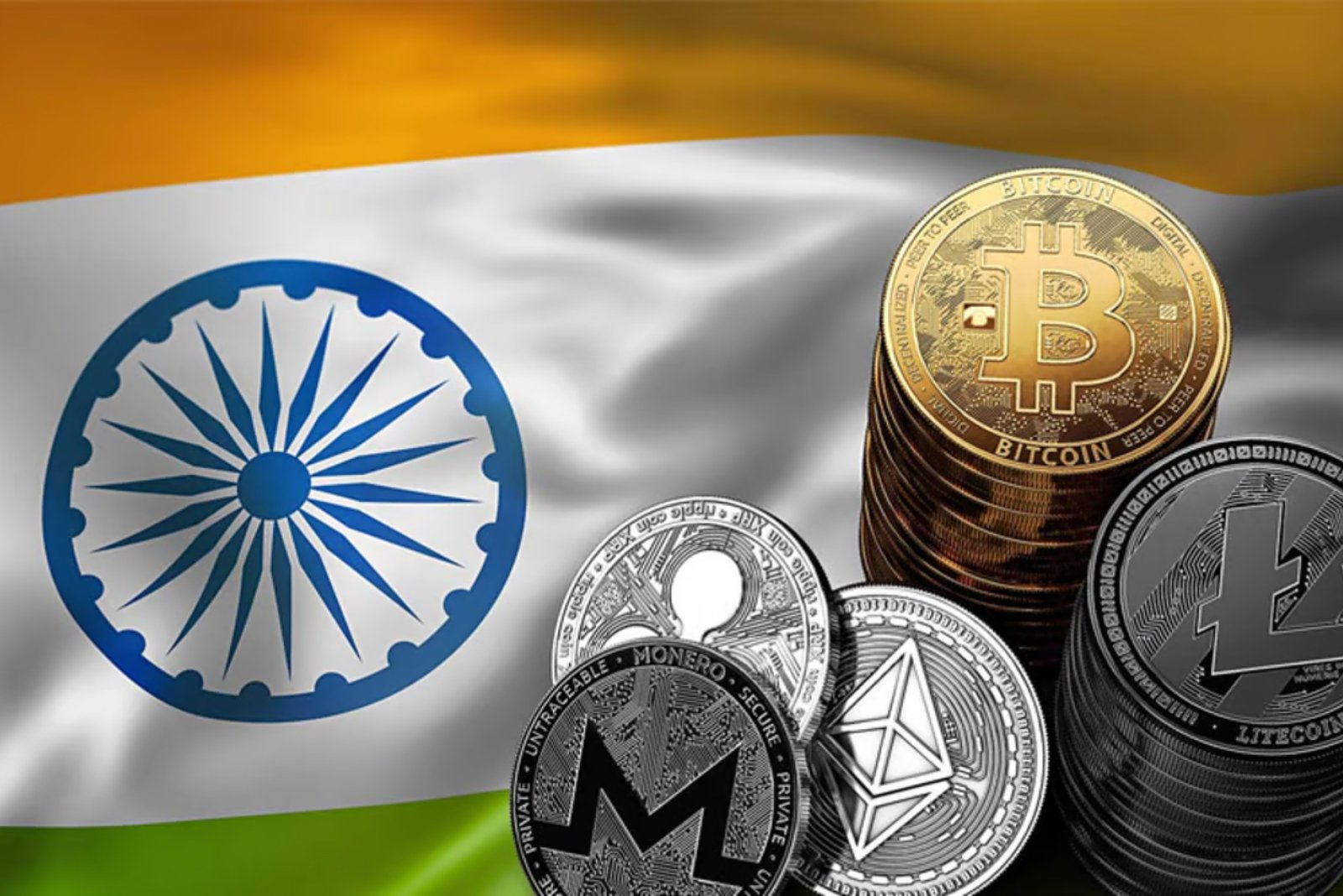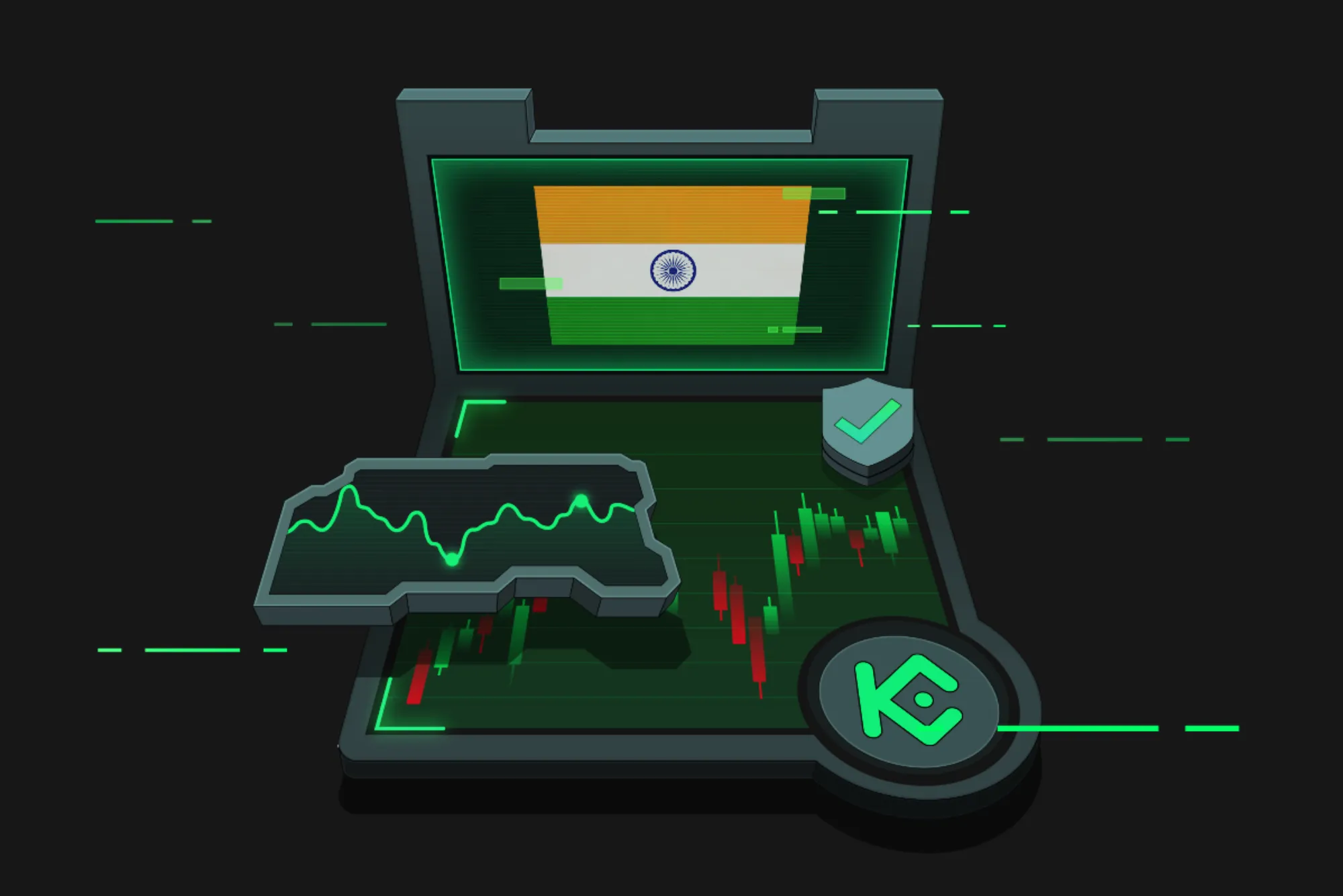Cryptocurrency trading has surged in popularity worldwide, and India is no exception. With the potential for high returns and the increasing acceptance of digital currencies, many Indians are looking to dive into the world of crypto trading. However, one of the most crucial steps in this journey is choosing the right cryptocurrency wallet. This comprehensive guide will walk you through the essentials of starting cryptocurrency trading in India, focusing on selecting the best wallet for your needs.
Understanding Cryptocurrency Trading
What is Cryptocurrency?
Cryptocurrency is a digital or virtual form of currency that uses cryptography for security. Unlike traditional currencies issued by governments, cryptocurrencies operate on decentralized networks based on blockchain technology. Bitcoin, Ethereum, and Ripple are among the most well-known cryptocurrencies.
How Cryptocurrency Trading Works
Cryptocurrency trading involves buying, selling, and exchanging cryptocurrencies with the aim of making a profit. Traders can use various strategies, such as day trading, swing trading, or holding long-term investments. The key to successful trading lies in understanding market trends, performing technical analysis, and making informed decisions.
Benefits and Risks of Trading Cryptocurrency
Trading cryptocurrencies offers several benefits, including high potential returns, 24/7 market availability, and the ability to trade on decentralized platforms. However, it also comes with risks like market volatility, regulatory uncertainties, and security vulnerabilities. It’s essential to weigh these factors before diving into the market.
Legal and Regulatory Landscape in India
Current Legal Status of Cryptocurrency in India
The legal status of cryptocurrency in India has been evolving. As of now, there is no outright ban on cryptocurrencies, but the regulatory environment remains complex. The Indian government has proposed regulations that could impact the trading and use of digital currencies, so it’s crucial to stay updated with the latest developments.
Government Regulations and Guidelines
In 2021, the Indian government introduced the Cryptocurrency and Regulation of Official Digital Currency Bill, which aims to create a framework for the creation of an official digital currency and regulate private cryptocurrencies. While the bill has not yet been passed, it indicates the government’s intent to regulate the sector.
Importance of Complying with Local Laws
Compliance with local laws is essential for avoiding legal issues and ensuring a smooth trading experience. Traders should use exchanges and wallets that adhere to Indian regulations and implement robust Know Your Customer (KYC) and Anti-Money Laundering (AML) procedures.
Getting Started with Cryptocurrency Trading
Setting Up a Trading Account
The first step in starting your cryptocurrency trading journey is setting up a trading account on a reputable exchange. This process usually involves providing personal information, verifying your identity, and linking a payment method.
Choosing a Reliable Cryptocurrency Exchange
Selecting a reliable cryptocurrency exchange is crucial for secure and efficient trading. Popular exchanges in India include WazirX, CoinDCX, and ZebPay. These platforms offer a wide range of cryptocurrencies, user-friendly interfaces, and strong security measures.
Verifying Your Identity and Securing Your Account
Most exchanges require identity verification to comply with KYC regulations. This process involves submitting documents like your Aadhaar card or passport. Additionally, securing your account with strong passwords and enabling two-factor authentication (2FA) is vital to protect your assets.
Types of Cryptocurrency Wallets
Overview of Different Wallet Types
Cryptocurrency wallets come in various forms, each offering different levels of security and convenience:
Hot Wallets: These are online wallets that are accessible via the internet. They are convenient for frequent trading but are more vulnerable to hacks.
Cold Wallets: These are offline wallets that store your cryptocurrencies on hardware devices or paper. They offer higher security but are less convenient for frequent transactions.
Hardware Wallets: Physical devices like USB drives that store your private keys offline. Examples include Ledger Nano S and Trezor.
Software Wallets: Applications or software programs that can be installed on your computer or smartphone. Examples include Exodus and Electrum.
Pros and Cons of Each Type
Hot Wallets
Pros: Easy access, user-friendly, suitable for daily trading.
Cons: Higher risk of cyberattacks, dependent on internet connectivity.
Cold Wallets
Pros: Enhanced security, ideal for long-term storage.
Cons: Less convenient for frequent trading, potential risk of physical damage or loss.
Hardware Wallets
Pros: Top-notch security, resistant to malware.
Cons: Costly, require careful handling.
Software Wallets
Pros: User-friendly, available on multiple devices.
Cons: Vulnerable to malware and phishing attacks.
Importance of Security and Accessibility
Balancing security and accessibility is crucial when choosing a wallet. For frequent traders, a combination of hot and cold wallets can provide both convenience and security. It’s also important to regularly update your wallet software and follow best practices for safeguarding your private keys.
Top Cryptocurrency Wallets in India
Criteria for Selecting the Best Wallet
When selecting a cryptocurrency wallet, consider factors such as security features, ease of use, supported cryptocurrencies, customer support, and additional functionalities like staking and integration with exchanges.
Comparison of Popular Wallets in IndiaWazirX Wallet
-
- Features: Supports multiple cryptocurrencies, integrated with the WazirX exchange.
- Security: Uses industry-standard security protocols, offers 2FA.
- Fees: Competitive transaction fees.
- CoinDCX Wallet
- Features: User-friendly interface, wide range of supported coins.
- Security: High-level security measures, insurance on assets.
- Fees: Low trading fees, no deposit fees.
- ZebPay Wallet
- Features: Simple to use, supports popular cryptocurrencies.
- Security: Strong security protocols, biometric authentication.
- Fees: Moderate trading fees, zero withdrawal fees on certain transactions.
How to Choose the Best Wallet for Your Needs
Evaluating Your Trading Habits and Requirements
Consider your trading frequency, the types of cryptocurrencies you plan to trade, and your comfort level with different security measures. Frequent traders may prefer hot wallets, while long-term holders might opt for cold wallets.
Assessing Security Features
Look for wallets that offer robust security features such as 2FA, encryption, and multi-signature support. Hardware wallets are often considered the most secure option.
Considering Ease of Use and Customer Support
A user-friendly interface and reliable customer support can make a significant difference in your trading experience. Choose a wallet with intuitive navigation and responsive support.
Looking at Additional Features
Some wallets offer additional features like staking, which allows you to earn rewards on your holdings, or integration with exchanges for seamless trading. Evaluate these features based on your trading goals.
Setting Up Your Chosen Wallet
Step-by-Step Guide to Setting Up Your Wallet
- Download the Wallet: Visit the official website or app store to download your chosen wallet.
- Create an Account: Follow the instructions to create an account, set a strong password, and complete any required verification steps.
- Secure Your Wallet: Enable 2FA, create a backup of your wallet’s recovery phrase, and store it in a safe place.
- Fund Your Wallet: Transfer cryptocurrency from an exchange or another wallet to your new wallet.
Tips for Securing Your Wallet
- Use a unique, strong password.
- Enable all available security features.
- Regularly update your wallet software.
- Keep your private keys and recovery phrase offline and in a secure location.
Funding Your Wallet and Starting to Trade
How to Deposit Funds into Your Wallet
You can fund your wallet by transferring cryptocurrency from an exchange or another wallet. Ensure you double-check the wallet address before initiating any transfers to avoid errors.
Linking Your Wallet to a Cryptocurrency Exchange
Many wallets offer direct integration with exchanges, making it easy to trade cryptocurrencies. Follow the instructions provided by your wallet to link it to your preferred exchange.
Tips for Making Your First Trade
- Start with small amounts to familiarize yourself with the process.
- Use limit orders to control the price at which you buy or sell.
- Monitor market trends and news to make informed trading decisions.
Best Practices for Safe Trading
Keeping Your Private Keys Secure
Your private keys are the key to accessing your cryptocurrency. Never share them with anyone, and store them in a secure, offline location.
Recognizing and Avoiding Common Scams and Phishing Attempts
Be vigilant against phishing attempts and scams. Always verify the authenticity of websites and emails before entering your credentials. Avoid clicking on suspicious links.
Regularly Updating Your Wallet and Staying Informed
Keep your wallet software up to date to benefit from the latest security patches and features. Stay informed about market trends, regulatory changes, and security best practices by following reputable cryptocurrency news sources.
Starting your cryptocurrency trading journey in India requires careful planning and informed decisions, particularly when it comes to choosing the right wallet. By understanding the basics of cryptocurrency trading, complying with local regulations, and selecting a secure and user-friendly wallet, you can embark on your trading journey with confidence. Remember to follow best practices for safe trading and continuously educate yourself to stay ahead in the dynamic world of cryptocurrencies.
Additional Resources
- Official Websites of Recommended Wallets
- Online Communities and Forums
- Educational Resources




